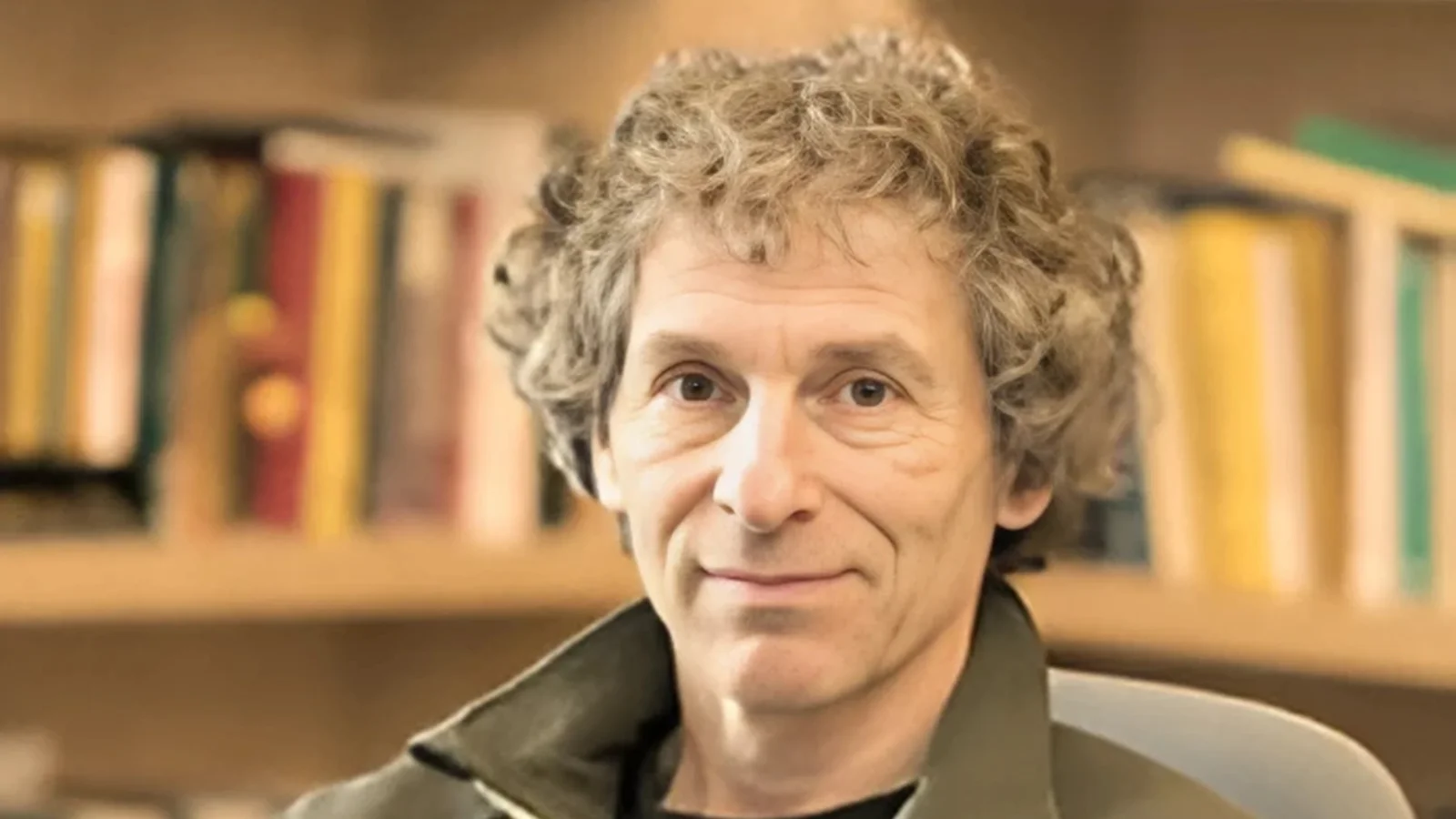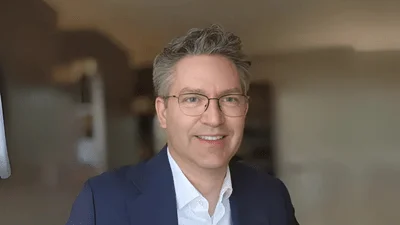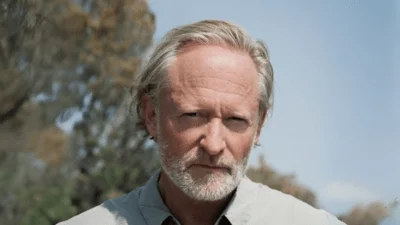A group of scholars from mathematics, computer science, and the humanities is set to gather at the Santa Fe Institute for a working group titled “The New New Science,” scheduled for September 15–18. The event aims to explore how mathematical and computational concepts can be applied to traditionally non-mathematical fields such as language, art, literature, and religion.
SFI External Professor Daniel Rockmore of Dartmouth College, one of the co-organizers, explained the inspiration behind the meeting. “Vico titled it The New Science because he saw it as a new way to approach the study of history,” Rockmore said. “We are working broadly from the same impulse: to create a new approach that brings mathematics to bear on non-mathematical subjects.”
The initiative draws on historical debates about knowledge. In 1725, Giambattista Vico argued in his treatise The New Science that humans best understand what they have created themselves—such as culture and language—contrasting with thinkers like René Descartes who emphasized rational deduction.
As more elements of the humanities are digitized, researchers see opportunities to analyze them mathematically. For example, Barak Sober, Senior Lecturer of Statistics and Data Science and Digital Humanities at Hebrew University of Jerusalem and co-organizer of the meeting, recently used statistical analysis on ancient names found in archaeological records to study social dynamics in Iron Age II Hebrew Kingdoms. In another project, Rockmore developed computational methods for authenticating works of art using digital scans.
The working group will bring together participants from both scientific and humanistic backgrounds. Each day will include sessions introducing basic mathematical concepts—such as probability and statistical inference—and responses from humanists. This structure is intended to help bridge disciplinary divides by familiarizing humanities scholars with fundamental ideas from math and computer science.
Co-organizers Rockmore, Sober, and Renana Keydar (Associate Professor of Law and Digital Humanities at Hebrew University) hope this meeting will be the first in a series focused on these interdisciplinary approaches. They also plan to produce a collected volume of essays by participants, a white paper, and an article for an interdisciplinary journal.








